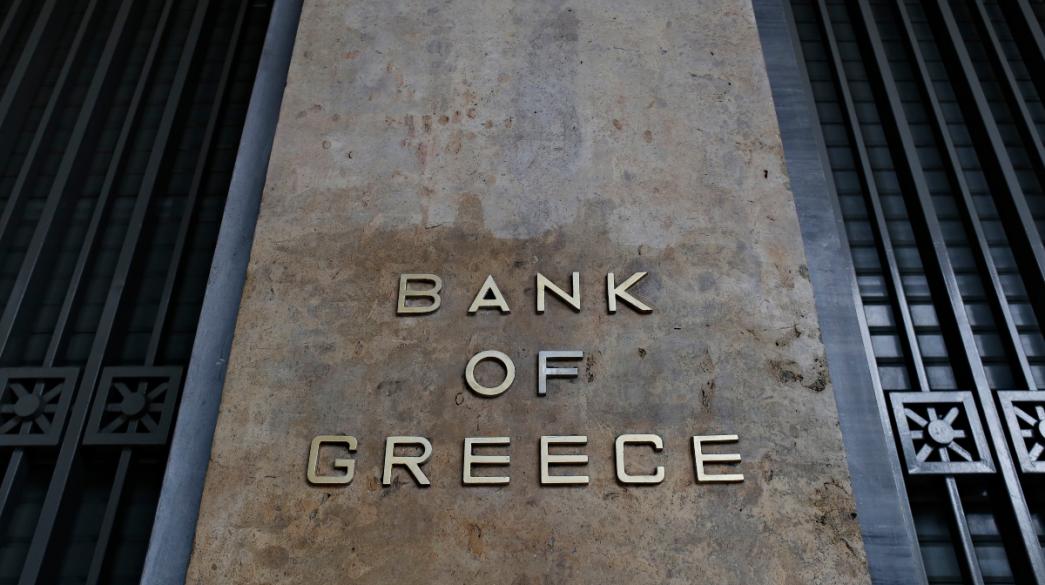Bank of Greece (BoG) will present to the country’s official sector creditors within the week its proposal for a bad bank via a video conference following presentations in previous days to commercial lenders: Piraeus Bank, Alpha Bank, Eurobank , National Bank and Attica Bank.
In one-on-one meetings with each bank, the BoG staff presented the plan in detail, without, however, delving into all technical details that will have to be discussed and decided by the government. The response of banks to the plan was very positive, while several aspects of the plan were clarified in the meetings.
A key issue for banks is the drastic reduction of non-performing loans as soon as possible and the creation of a bad bank, which can offer more options in securing the faster consolidation of bank balance sheets. Especially in the current situation where the pandemic will lead to the creation of new non-performing loans. It is noted that participation in the bad bank will be voluntary and along with the implementation of the "Hercules" plan.
Bank sources note that there is no doubt that the creation of a bad bank can be the catalyst for the final settlement of a large stock of non-performing loans, however they note that everything will depend on its technical details.
Silence from the government
The Bank of Greece submitted a detailed proposal for the creation of a bad bank to the Prime Minister's Office and the Ministry of Finance on September 30, and so far the government has avoided any comment on the plan.
The proposal will need to be forwarded to European authorities by the government for negotiations with different parties and especially with DG Comp. These consultations will determine whether the plan will be more widely accepted and implemented. It is noted that the creation of central bad banks that bear the burden of NPLs created by the coronavirus crisis have gained the support of European institutions such as the ECB, the ESM and the IMF.
In comments to Kathimerini, ECB Executive Board member Fabio Panetta, appeared positive on expanding options and tools aimed at reducing bad debt faster. He reiterated the high level of non-performing loans (NPLs) of Greek banks even after the implementation of transactions under the Hercules plan, emphasizing that "all options for reducing NPLs must be considered. First of all, financial sector reforms should facilitate the process of reducing NPLs. In addition, a thorough analysis of further tools that could be added in the context of the tools used to resolve NPLs should be made. The ECB works closely with all stakeholders on these issues, including the Bank of Greece."
Stournaras: bad bank plan a well prepared proposal
BoG Governor Yannis Stournaras said in an interview to newspaper "Ta Nea" regarding the bad bank: "Even after these transactions, and without taking into account the new bad debt that will come from pandemic, Greek banks will have a non-performing Loan Index (NPL) which will be higher than the European average. The Bank of Greece’s proposal for the establishment of an Asset Management Company (AMC) offers the possibility for the reorganization of the banking system with a complete consolidation of the balance sheet of Greek banks, while facing the problem of NPLs and deferred taxation. It is a well worked proposal that we have worked on intensively with consultants (Rothschild, BCG, Deloitte) in recent months and we are consulting with the competent bodies. Regarding the issue of a pan-European bad bank, we are monitoring discussions that are taking place, but I believe that it is still at an early stage".








